When Sweety Makwana was 20 weeks pregnant, an ultrasound revealed devastating news: there was no sign of a ‘stomach bubble’ and doctors suspected her baby had a swallowing defect. But she was able to continue the pregnancy to full term and Twisha was born in January 2011, with a condition called long-gap oesophageal atresia, where the oesophagus is not connected to the stomach.
Until treated, this condition requires direct feeding into the stomach and can cause swallowing and breathing difficulties. Having left her family in India two years previously when she migrated to Australia and newly single, the future for Sweety was not going to be easy, but she was determined her little girl would one day lead a normal life.
Twisha underwent 20 surgeries to attempt to fix the condition before her mother heard about the ‘Foker process’, a procedure only performed at the Boston Children’s Hospital in the US in which the upper and lower ends of the oesphagus are stimulated to make them grow, enabling them to be joined. [Other treatments involve using other body parts to replace the missing section of the oesophagus, which can lead to problems for the child later in life.]
Faced with a quote of US$1.2 million for the entire process, Sweety launched Mission Twisha, in the hope of raising the money required for her daughter’s treatment as well as increasing awareness of her condition. For the next three years she fundraised tirelessly, setting up the website and making appeals on television and YouTube, while single-handedly managing the constant care Twisha required.
Meanwhile, despite her birth defect and the pain of her many operations and procedures, Twisha’s growth was normal and development on track for her age.
“With clothes on, Twisha looked just like any other baby, and loved to have ‘fake’ feeds through her mouth – even though it came out from a tiny hole in her chest,” her mother says.
By May this year, Sweety had managed to raise an incredible US$785,000 and Boston Children’s Hospital agreed to start Twisha’s treatment. The surgery, done in June, involved mobilising the two ends of her oesophagus and pulling them together until they touched. Twisha was then put into a paralytic state for 10 days to ensure she didn’t move and allow the oesophagus to heal.
Recovery has been tough – Twisha needed a blood transfusion and her vocal cords were inflamed and swollen. Having been fed through a tube into her stomach all her life, swallowing food was a new and difficult experience, but a month after surgery Twisha began taking small bites of food and sips of drinks. However she will need to rely on tube feeds for anywhere from a few months to a year.
Sweety, who is still in Boston while her daughter recovers, was overwhelmed to discover she had won the Mother & Baby Mum of the Year Award and a year’s supply of groceries from Coles – a timely prize, as Twisha will finally be able to eat and drink when they return home.
“I feel like I have won the jackpot!” Sweety says. “Knowing that Twisha and I have won a year’s supply of groceries makes me feel so happy, and I am already excited to start feeding her healthy, home-cooked food. I used to eat one meal a day so I could save money for Twisha’s treatment. This has changed my life and inspires me to give back to the community.”
Unable to attend the Mother & Baby Awards ceremony, Sweety has expressed her sincere appreciation for being awarded the prestigious title.
“Winning this award is such a proud moment for me – I would like to thank all of our supporters of Mission Twisha who helped us get this far,” she says. “I am also thankful to Twisha’s Australian medical team for their efforts to help Twisha survive, and I thank Twisha’s doctors and entire medical team for giving Twisha her own oesophagus.
“Simple thanks are not enough, but I am falling short of words to show my gratitude to everyone who has helped Twisha in her survival and fight for a normal life. I also want to thank the Mother & Baby team for recognising super mums and inspiring them. I am sure this will also inspire other mums in the community who are struggling with their own battles.
“Once Twisha’s treatment is complete, we would love to help other kids in similar situations who are fighting for a normal life and seeking support. If we can bring the specialised treatment to this country it would not only help Australian children, but could also attract overseas patients to come to Australia for the treatment.”

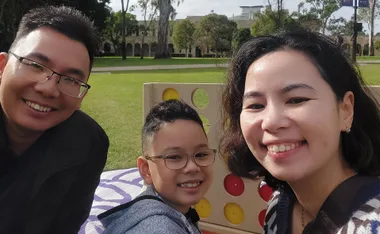

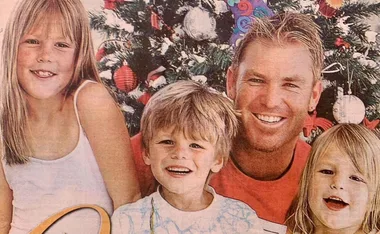
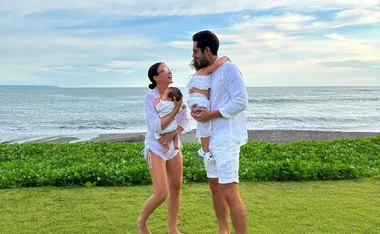
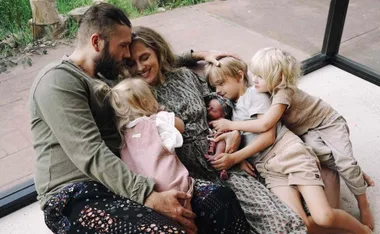
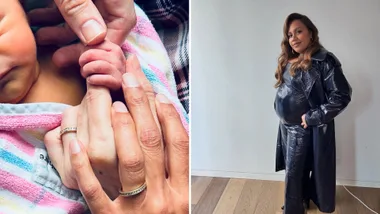

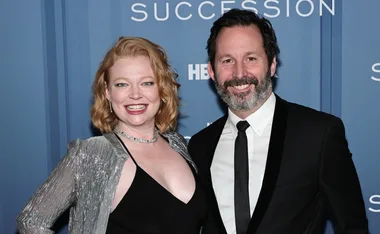
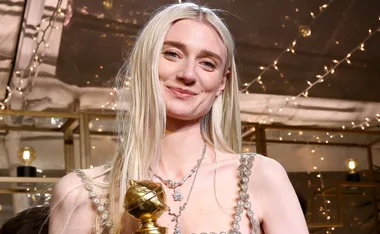
-(1).png?resize=380%2C285)
